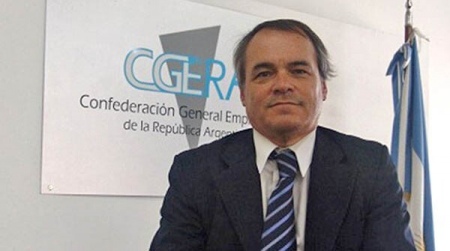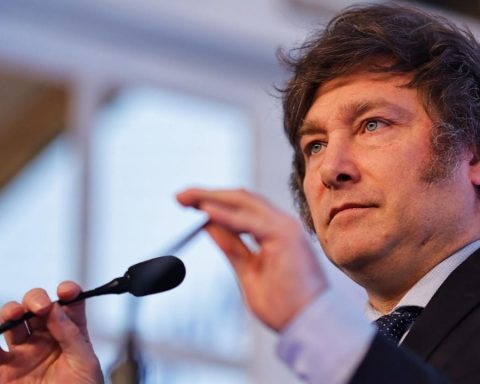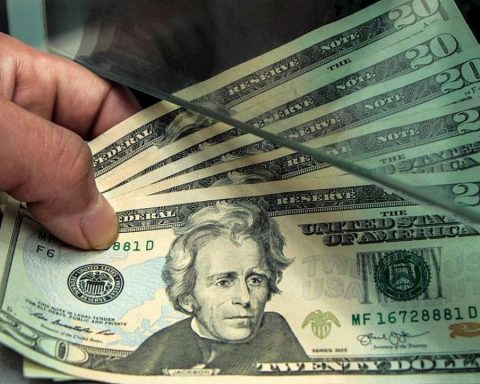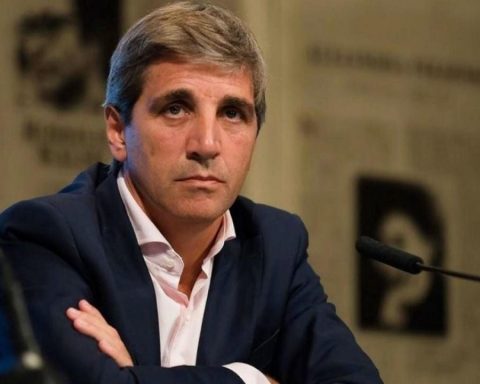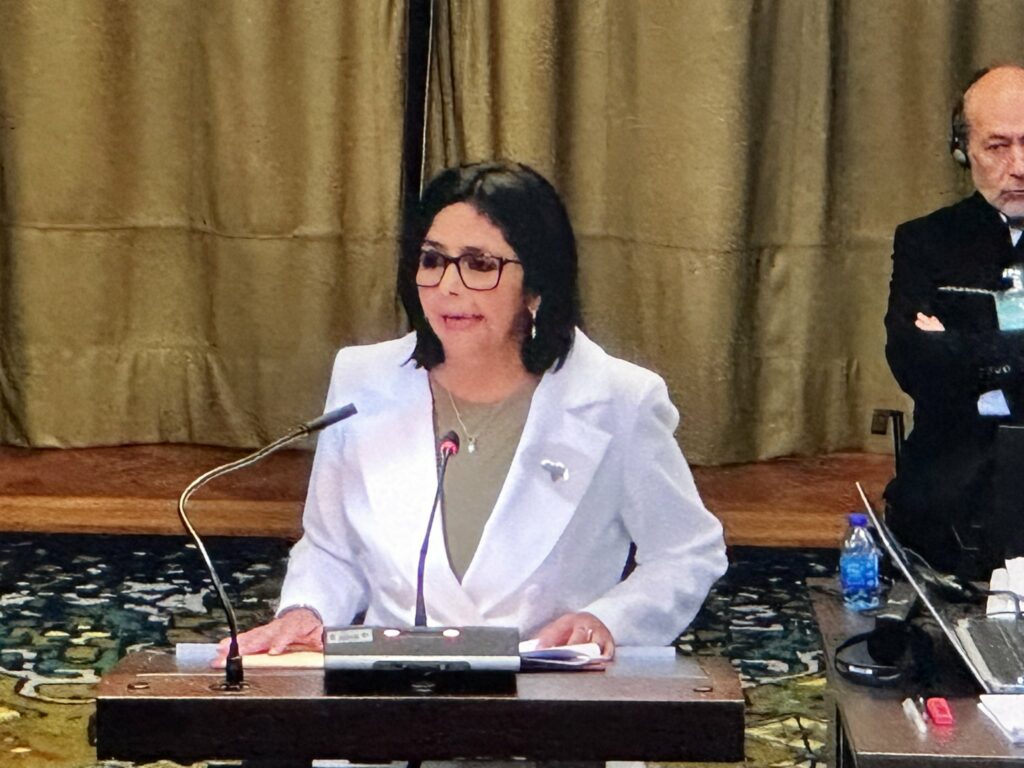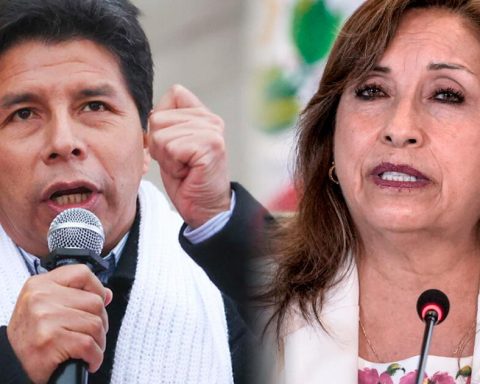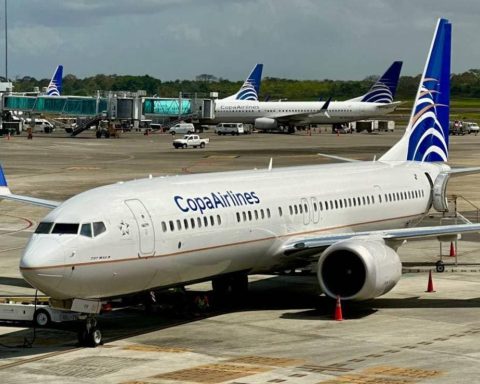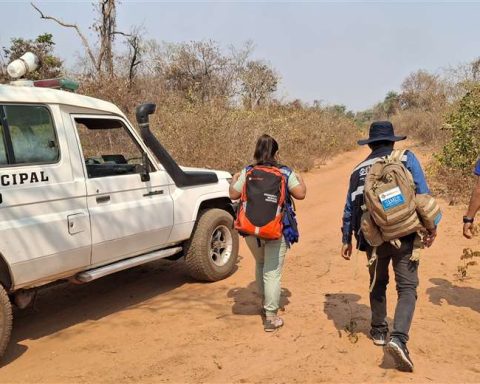The president of the General Business Confederation of the Argentine Republic (Cgera), Marcelo Fernández, highlighted that the proposals presented by the business chamber regarding imports, labor training and interest rates, they were “very well received” by the Minister of Economy, Sergio Massa, after meeting with the entity.
“Practically the four, five proposals that we have were very well received by him. They were issues that interest his management and that can help to improve it,” Fernández said in a dialogue with Radio Continental.
The minister met last night with a group of SME businessmen gathered in the Cgera, on the occasion of the ordinary assembly of the chamber in which Fernández was re-elected as its leader.
In the meeting, Massa stressed that “24,000 Argentine companies have already accessed import permits,” and anticipated that iwill introduce changes in the regulatory decree for the currency launderingone of the claims by businessmen.
tax benefits
Specifically, as indicated by the head of the Palacio de Hacienda, a series of “tax incentives” for companies that import by paying with their own currencies.
The minister told the businessmen at the meeting that in a budget regulatory decree the elimination of double taxation for those who iEnter the system with your dollarsand have the decision to launder them.
“When you are an importer of an input or an intermediate good, you are charged twice the VAT (customs and tax), what we are trying to do is avoid double taxation and that this works as a reward for companies that want to import with their own dollars Massa said.
The head of the Cgera specified that the sector requested that “the businessman has a tax benefit since he is going to make an effort and put his own dollars to import and give more oxygen to the Central Bank”.
According to Fernandez, Massa promised to remove the extra 20% customs VAT, which would represent an “important release”.
“If someone brings US$100,000, they would have paid US$21,000 in VAT and US$20,000 in VAT to nationalize,” he mentioned as an example of the tax burden faced by firms.
In that line, the Cgera proposed to work jointly with the Customs in the control and verification of imported and exploited merchandiseand that SMEs that need to import an input or raw materials that are not produced in the country carry out a affidavit every 30 days.
These purchases abroad must not exceed 25% dand your billing in the same period so that, in this way, SMEs justify that they are adding value to imports, avoiding over-invoicing and speculation.
Precisely Massa emphasized in the meeting that the measures taken by his portfolio in the last 90 days seek to order the accounts, and “resolve the reserve accumulation regime” through the “recovery of the trade surplus”.
The minister stressed that “if we have our Central Bank strengthened, we accumulate reserves, have no doubt that our currency will recover value, that our economy will be strong, and that this will also allow us to fight with other countries in markets, competitiveness, in challenges regarding economic development”.
Training for more employment
Another axis raised by the businessmen was the training of beneficiaries of social plansgiven the need to hire more labor a situation -according to Cgera- linked to the recovery of the industry.
“If today we require trained labor outside of the people we have employed, there is no one trained on the street. We are very urgent to start training them,” said Fernández, adding: “We haven’t been hiring people for years, after four years of policies, in our opinion, misguided for the industry by the previous government, and two years of pandemic.
According to the head of Cgera, Massa agreed with the diagnosis and sHe promised to “encourage state aid for companies” that hire staff.
This promise – affirmed Fernández – “was very well received by the business community that was there.”
The minister said at the meeting that he was “convinced that we have to transform social programs into formal employment”.
“We have a decree is in force that allows them for a year take in SMEs those who are beneficiaries of some social program, without the beneficiary losing the program,” he recalled.
Massa referred at this point to the “Bridge to Employment” Programformalized at the end of last August, in which the State subsidizes half the salary for one year with a discount of 100% of social charges for the firm that hires the employees.
subsidized rates
Another request was granting of subsidized rates since, according to Fernández, credits with “90% or 100% annual rates” are “untakenable” for companies.
In this sense, the head of Cgera highlighted the Argentine Credit Program, launched at the end of October, through which loans for $500,000 million will be allocated with a subsidized rate of 30% compared to the market rate.
However, according to the businessman, it continues to be high, and pointed out that the definitive solution will come with the drop in inflation since this will allow a reduction in rates.
In that sense, he stated that the drop in prices “It depends a lot on what the companies linked to the food sector do.”
“If we stop the increase in the basic basket, surely we will have surplus money from the workers to buy what 95% of the companies that are outside of that food chain do, with which we will have a reactivation,” he said. the president of Cégera.
After which, Fernández concluded that “if we really stop the price increase, we will get out of this quickly“, and asked that” those who form prices understand once and for all that the country we do it together.
